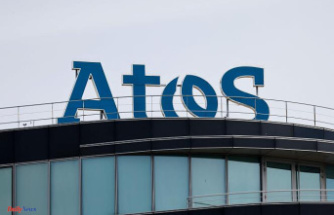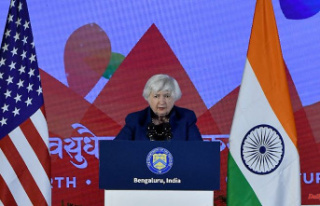Wintershall Dea withdraws completely from Russia. For this, the BASF subsidiary has to accept a multi-billion dollar write-off. Without the withdrawal from Russia, the energy company would have almost doubled its operating profit compared to the previous year.
The oil and gas group Wintershall Dea benefited from significantly higher oil and gas prices last year. Without the Russian business, earnings before interest, taxes, depreciation and exploration costs (Ebitdax) increased to a good 5.9 billion euros in 2022, as the majority stake in BASF announced on Thursday in Kassel. A year earlier, Wintershall Dea reported around 3.1 billion. Including the Russia segment, the operating result was almost 7.7 billion euros.
The bottom line was a loss of 4.85 billion euros attributable to the shareholders due to billions in depreciation. This included non-cash impairments of almost seven billion euros, primarily write-downs on the business in Russia, where Wintershall Dea is withdrawing. Wintershall Dea had already announced in January that the end of the Russian business would result in a one-off expense in the billions.
In 2021, the company had still made a profit attributable to the shareholders of 553 million euros. In addition, the group also made value adjustments on the company's European gas transport business and completely wrote off its stake in the pipeline company Nord Stream AG. Adjusted for special effects such as depreciation, the surplus without the Russian business increased from 403 million to 928 million euros thanks to the sharp rise in oil and gas prices.
Wintershall Dea emerged in 2019 from the merger of Wintershall Holding and Dea. The company, based in Kassel and Hamburg, employs almost 2,500 people worldwide. BASF holds a good 70 percent in Wintershall Dea. The rest is owned by LetterOne, a holding company in which Russian oligarch Mikhail Fridman pooled his Dea shares.












